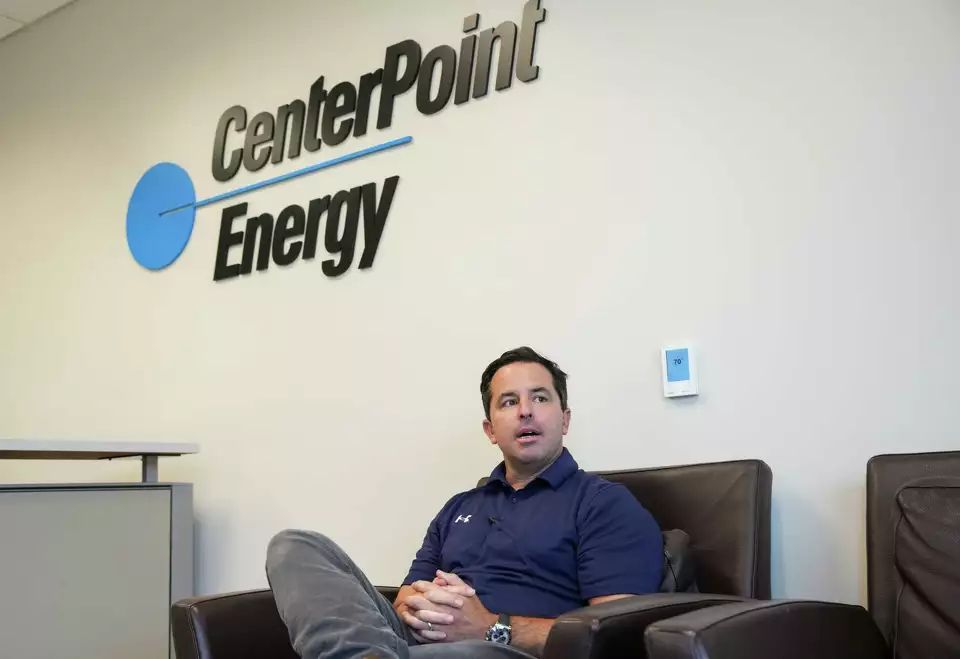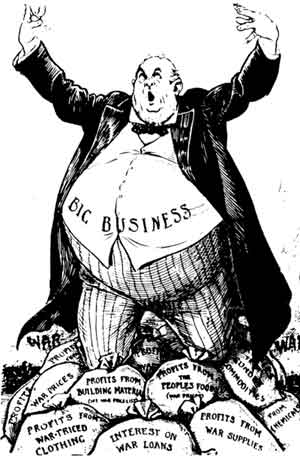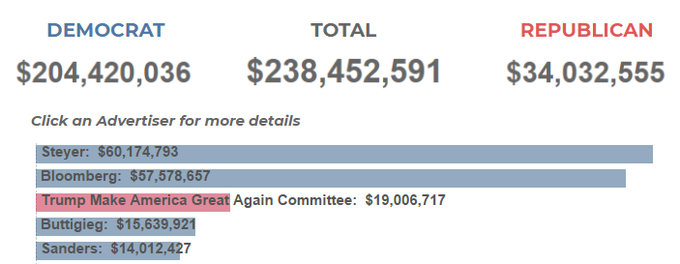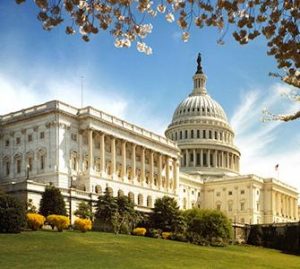The circus (Texas legislature) made its way back into Austin yesterday to hold a hearing on CenterPoint’s ineptness in its efforts to restore power following Hurricane Beryl.
While many of the senators showed anger and indignation during the day long testimony (State Senator Paul Bettencourt was awarded most outraged committee member of the hearing), it raised the question of where the buck stops.
Public Utility Commission Chairman Thomas Gleeson admitted that the PUC has not held utility companies accountable and that “I think we need a comprehensive look at how we fund utilities and how they prepare for storms” (you think said everyone?). It is shame that once again, we are being reactive rather than proactive.
The Public Utility Commission of Texas is in charge of regulating the state’s electric, telecommunication, and water and sewer utilities, implements respective legislation and provides customer assistance in resolving consumer complaints. The chairman and commissioners were all appointed by Texas Governor Greg Abbott.
Bettencourt said CenterPoint had “defrauded” rate payers who are now facing growing utility bills after state regulators allowed CenterPoint to recoup the cost plus a 6.5% profit for massive generators that sat on the sidelines during the storm.
Does anyone else see the irony here? State regulators set up the rules to allow CenterPoint to “defraud” its customers. If they (CenterPoint) are playing by the rules, shouldn’t we look at who makes the rules in the first place (Et Tu Brutus?)?
Bettencourt also accused CenterPoint of electing to spend money on the generators rather than clearing trees and vegetation that knocked out power lines, because CenterPoint can make a profit on the generators, but isn’t that the point of being a publicly traded company? The stock value as of today (7.30.2024) is down 5.53% over the past month. You don’t think there is another group people upset about that?
Capitalism promotes free market conditions, whereas socialism incorporates certain elements of centralized economic planning. Does the senator suggest we need to become socialists when it comes to powering Texas?
So how does this end? My guess is the buck will stop in somebody’s wallet courtesy of the consumer.








